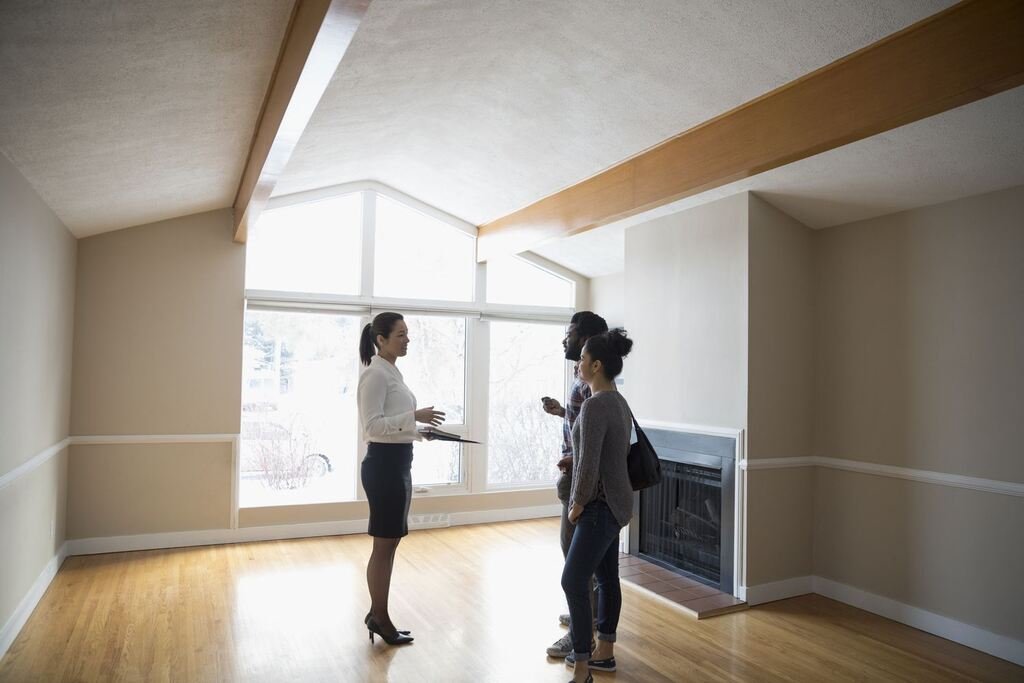An exhilarating venture can quickly become exhausting if you aren’t prepared when buying a new home. Sure, buying a home can be a pivotal moment in any person’s lifetime; in fact, it is quite an achievement in this day and age. With real estate prices soaring ever so high, buying yourself a home is nothing short of a remarkable feat. Luxury real estate comes with its own headache and financial commitments that you must plan for and monitor regularly to stay ahead of the game.
About a quarter of all home buying was attributable to first-time buyers in the United States alone. It is a considerable chunk, and given the ramifications of buying a new home, new buyers must be prepared for what lies next.
In this guide, we shall highlight some important tips that can be useful when faced with such a situation. The most important one is obviously the financial implications of such a move, while others can include home maintenance by stocking up on essential tools. Moreover, it is critical to assess the housing market to get value for money for the purchase.
7 First-Time Home Buyer Tips
1. Assess Your Finances
The search for your perfect house begins not with the house itself but by assessing your financial standing. It is the most important aspect of planning to buy a home, especially for new buyers. New buyers can underestimate the financial side of buying a home and thus may lower the financial estimate. Calculating your budget is the top priority, and you must allocate resources for buying the house and its immediate maintenance and paying off the taxes and related fees. Next, rely on this budget estimate and buy within your means.
2. Get Pre-Approved for a Mortgage
Obtaining pre-approval from a lender shows a potential seller that you’re seriously interested in buying a home. It puts you in a better light with potential sellers as they know you have the resources and financial backing to go through with the deal. Also, when you get approved for a mortgage, the seller and you both know your budget and how much you can afford to pay for the house.
3. Research Neighborhoods
Once you’ve sorted the financial considerations, it is time to delve into the real stuff or your preference for the house. It is a smart move to investigate different neighborhoods when looking to buy a new house. You can get a basic idea of the neighborhood and whether it would suit your lifestyle. Other considerations with the neighborhood’s location include the proximity to utilities and services, including your children’s school, parks, and recreation facilities. Moreover, it would help if you also considered the commute times from the house to your workplace as it can make or break this decision for some.
4. Work with a Realtor
Working with a qualified real estate agent can help you immensely while buying your new home. With years of experience, such realtors can provide valuable guidance on what to look for and avoid when buying a house. They can help you negotiate when making a deal, along with helping with the paperwork required to finalize the deal.
5. Inspect the Home
The pre-moving-in inspection is another aspect often overlooked in the excitement of finding the perfect home. It would help if you examined the potential home and, better yet, got professionals to inspect it thoroughly. A professional team can find hidden issues with the home that the naked eye may miss and thus lead you to make an informed decision. It could also mean you negotiate the price down and get a better deal.
6. Understand the Purchase Agreement
Understanding the purchase agreement is a must when tying up the purchase. As it is a legally binding document, the purchase agreement must be carefully vetted, and any ambiguity must be cleared before signing it. After signing the agreement, it is legally binding for both parties to abide by what’s written. Ensure you understand all the jargon and the stipulations of the contract before you sign it.
7. Plan for Additional Costs
Building a contingency in any project you’re looking to undertake is always important. Buying yourself a house is such a project that requires building such safeguards to avoid unnecessary inconveniences in the future. Additional expenses such as moving costs, furniture costs and other necessary maintenance costs must be considered, and a separate budget must be kept aside for any such expenses.
End Note
It is critical to remember the abovementioned tips when buying a new home. First-time buyers may be unfamiliar with scouting for a new home, setting aside a budget and making critical calls such as deciding on the neighbourhood. Such decisions, when carefully taken and by considering all the implications associated with them, shall result in you buying a home that proves to be a great deal.
Recommended Posts:














